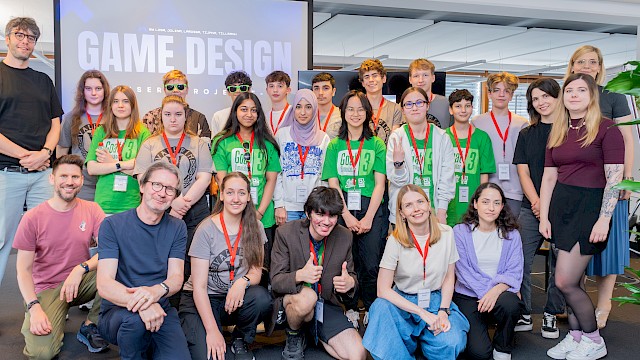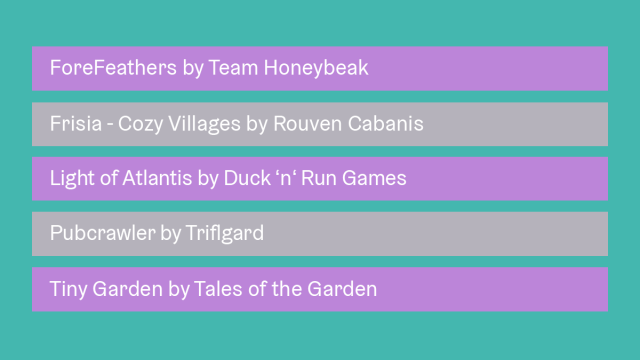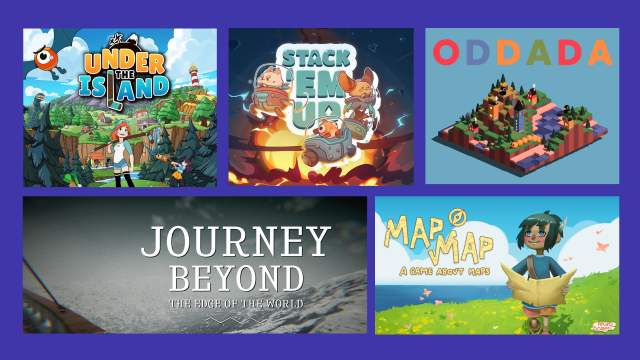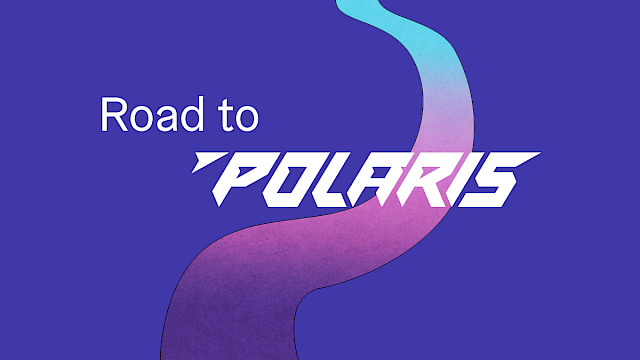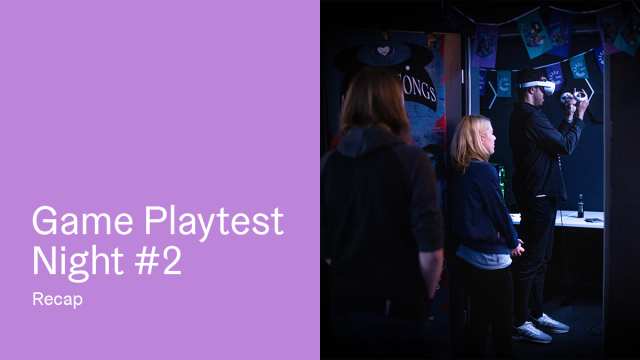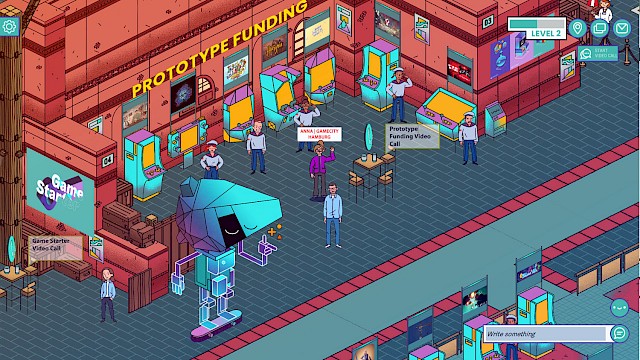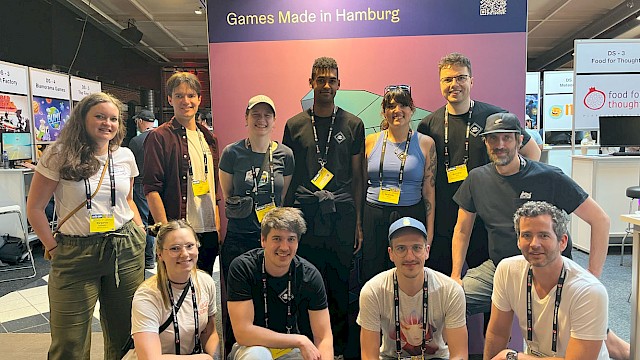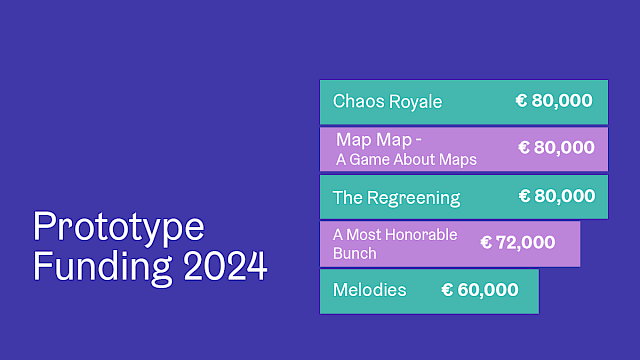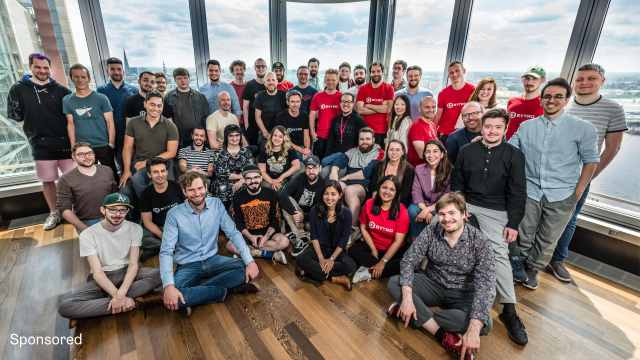23. Februar 2023
Recap: Gamecity Forecast: AI in game production
On Feb. 21, we invited people from Hamburg’s games industry and beyond to our online event “Gamecity Forecast: AI in game production”. Our Forecast sessions aim to spark discussion on trends and developments affecting the games industry, identify challenges and opportunities and exchange experiences. Here's what we took away as our key learnings from the evening!

We’re very happy that we had the support of our guest expert Matthew Dion for this edition – he gave an excellent talk about what’s possible today and what will become possible in the near future when it comes to putting AI-powered tools to work in the production process.
The topic sparked a great deal of interest, we saw registration from all over the world and had a very lively discussion at the event. With games professionals from games and tech companies alike sharing their opinions, thoughts, questions and best practices.
Thank you very much to everyone who attended and especially to Matt Dion for the great input!
Here’s what we took away from the evening as our key learnings:
- We’re already in the middle of it: AI-powered tools are already in use in many steps of the game production process, giving inspiration, allowing for fast prototyping and freeing up capacity from simpler tasks to be invested in fine-tuning, coming up with new ideas and delivering higher quality.
- The human factor remains crucial I: AI-generated content is often-times far from perfect. It needs human inputs, supervision, selection, and correction. The skills required to make games might expand to being well-versed in using AI tools, but game production will continue to be in need of experts knowing their craft. Also, data science skills will become even more sought after in companies that want to implement their own AI models.
- The human factor remains crucial II: Key to implementing AI-assisted tools in a game production workflow is acceptance by the team that should use them. Creating spaces to experiment and have fun with new possibilities can help overcome initial concerns, building acceptance and inspire new best practices.
- Organizational boost: Outside of creative tasks, AI has not been in the focus, yet. But integration of AI-assisted functions in commonly used tools for project and production management might boost productivity also for non-tech and non-creative members of the production team.
- The future will come fast: While more general-purpose generative AI applications like ChatGPT or Stable Diffusion are very visible already, companies around the globe are working on domain-specific solutions that are tuned to help with specific tasks. When these products reach the market, we will see another boost in the use of AI-powered tools.
Watch Matt’s keynote below, giving an overview about use cases for AI-powered tools as well as some outlooks into the future!
You can also find his slides and his sources in his blog article.
